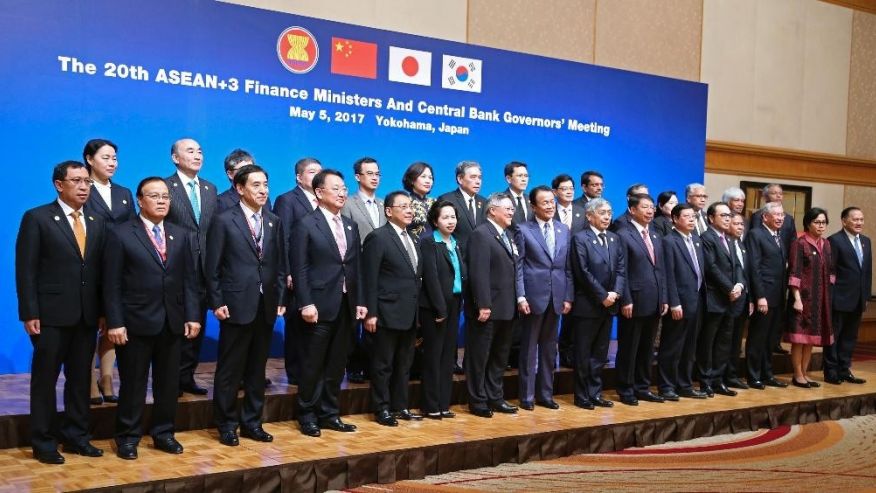
japan-asean-countries-mull-ways-to-counter-financial-crises/_jcr_content/par/featured-media/media-2.img.jpg/876/493/1493970521935.jpg?ve=1&tl=1">Finance ministers and governors pose as a group during their photo session of the ASEAN+3.meeting.
Yokohama, 8 Sya’ban 1438/5 May 2017 (MINA) – Japan proposed a new type of bilateral currency swap arrangement with the Association of Southeast Asian Nations on Friday that would provide up to $40 billion for short-term liquidity crunches during times of crisis.
The proposal — made during a session between the Japanese and ASEAN finance leaders at the Asian Development Bank’s 50th annual meeting in Yokohama — also includes provisions that allow countries to withdraw yen funds under existing bilateral currency swap agreements,todayevery.com reported, citing a joint statement released after the gathering.
“Facilitating the funding of yen in ASEAN will contribute to further regional financial stability,” the statement said.
Also Read: Saudi Arabia Wins Bid to Host World Expo 2030
The finance ministers and central bankers agreed to strengthen both economic and financial cooperation.
Separately, Japan signed a bilateral currency swap agreement with Thailand and reached a basic agreement to ink a similar pact with Malaysia.
The efforts to enhance the safety net in response to potential currency crises come two decades after a sharp sell-off in the Thai baht triggered the 1997 Asian financial crisis.
Some ASEAN countries also favor reducing their dependence on the U.S. dollar and are seeking to diversify their options with currencies such as the yen and China’s yuan.
Also Read: 148 Products from Indonesia Promoted at Sarawat Superstore Jeddah
Japan and China have both been courting Southeast Asia because of its growth potential.
Japan has bilateral currency swap arrangements with some ASEAN countries to provide dollars in exchange for their currencies. The dollar and yen tend to see strong demand in times of volatility.
Finance Minister Taro Aso and Bank of Japan Gov. Haruhiko Kuroda attended the meeting and were joined by their counterparts from Brunei, Cambodia, Indonesia, Laos, Malaysia, Myanmar, Singapore, Thailand, the Philippines and Vietnam.
The ADB annual meeting and related events through Sunday are expected to give participants from the 67 member states and regions ways to ponder the promotion of sustainable and inclusive growth in the Asia-Pacific region. (T/RS5/RS1)
Also Read: Packaging Industry Supports Halal Ecosystem
Mi’raj Islamic News Agency (MINA









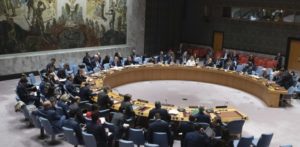

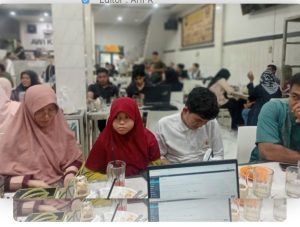


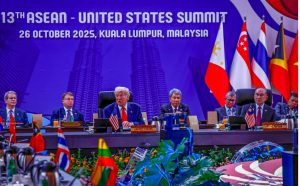

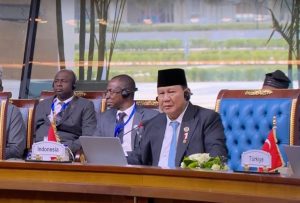


















 Mina Indonesia
Mina Indonesia Mina Arabic
Mina Arabic